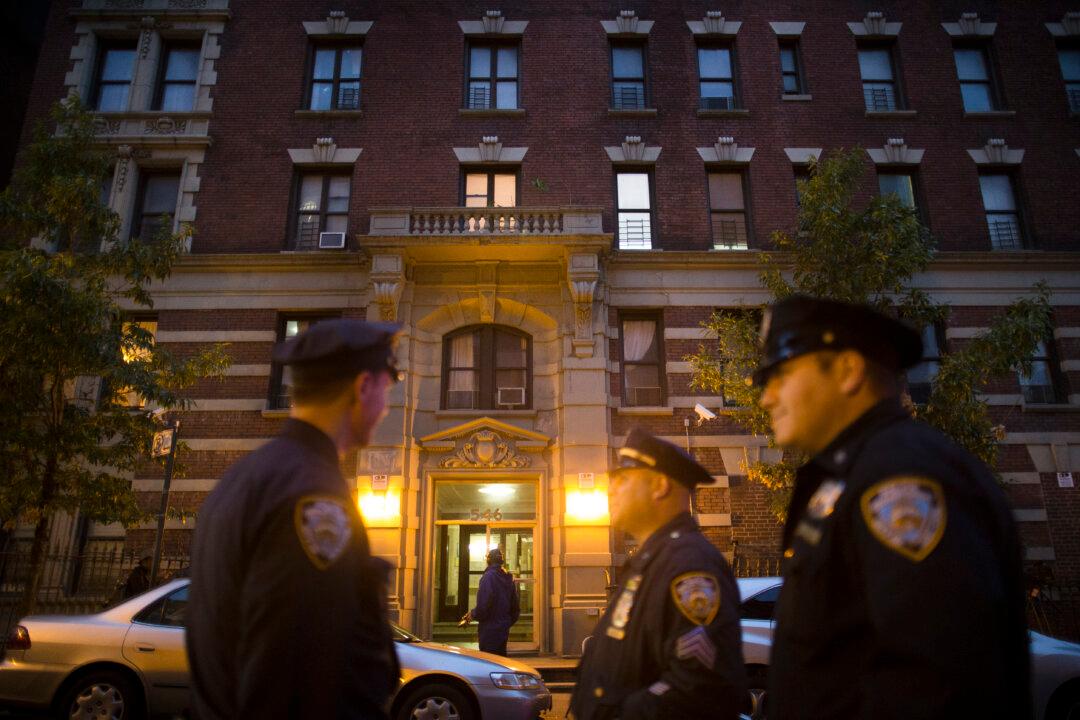A doctor who just returned to New York City from West Africa was confirmed to have Ebola on Thursday after being rushed to Bellevue Hospital in Manhattan.
Craig Spencer, 33, was rushed to the hospital with “Ebola-like” symptoms. The tests for Ebola later came back positive.
The city activated its Emergency Operations Center in Brooklyn after the positive test, for those who had contact with Spencer. Officials said in a press conference that they believe he had contact with four people, whom they have already identified. One of them, his fiancee, is already under quarantine. The others will have the option of home quarantine.
Spencer was working in Guinea with Doctors Without Borders and had been back for 10 days after returning via John F. Kennedy Airport.
He was under self-quarantine and monitoring his own health, checking his temperature twice a day. He developed nausea and a high fever on Wednesday, sources indicated, although health officials said that the first symptoms cropped up on Thursday morning around 10 a.m.
Spencer apparently wasn’t completely under quarantine because he went to a bowling alley on Wednesday night, reported the New York Times.
An official briefed on the situation said that Spencer took the subway to Brooklyn and an Uber taxi home.






